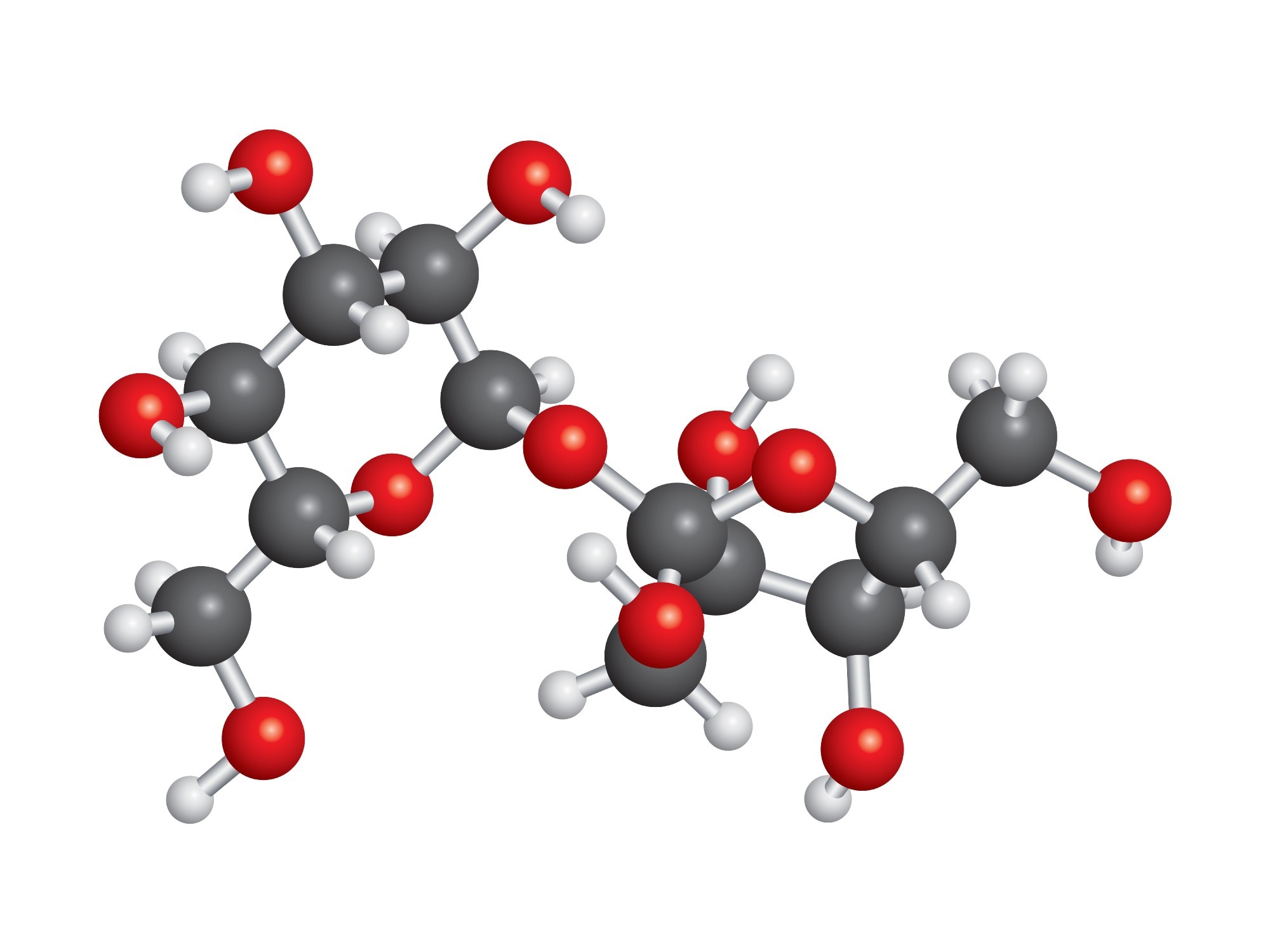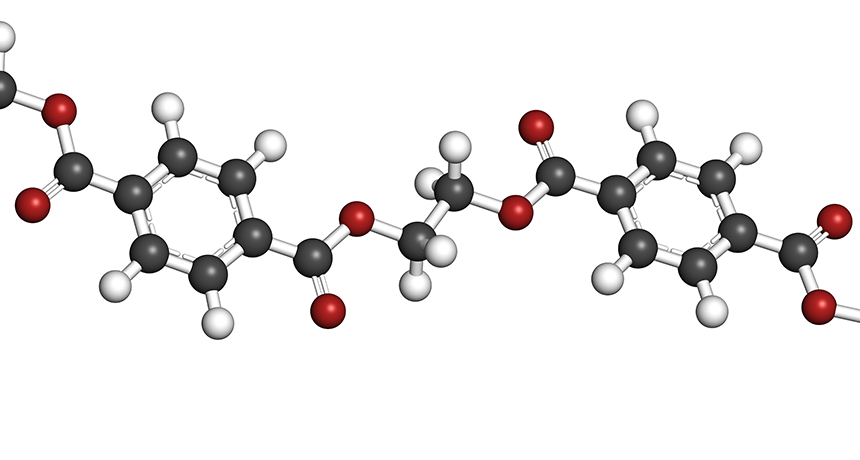Discovering the Varied Applications and Advantages of Polymers in Different Industries
Polymers, with their varied variety of buildings and functionalities, have become important in various markets, each reaping special benefits from their application. Polymers. From improving security and efficiency in the vehicle market to changing medical tools in the health care market, polymers play a crucial duty. In addition, their green nature is altering the landscape of sustainability techniques. As we explore the midsts of polymers in electronic devices, we uncover sophisticated technologies, while their structural stability transforms the realm of building and construction and infrastructure. The pervasive impact of polymers across sectors is a testament to their convenience and flexibility, forming the future of plenty of markets.
Automotive Field Applications
Polymers play a crucial role in enhancing the performance and longevity of various components within the auto industry. One famous usage of polymers in the auto industry is in the production of lightweight components.

Health Care Market Benefits
In different medical care applications, the advantages of using polymers are commonly recognized for their diverse series of useful homes. Polymers play an important role in the healthcare sector because of their convenience, biocompatibility, and cost-effectiveness. Among the key advantages of polymers in health care is their capability to be tailored to specific requirements, such as adaptability, longevity, and biodegradability, making them suitable for a wide variety of clinical applications.
Polymer-based materials are extensively made use of in clinical devices, such as catheters, implants, prosthetics, and medication distribution systems, because of their biocompatibility and capacity to simulate natural cells. These products can decrease the threat of sensitive reactions or beings rejected, enhancing person safety and security and outcomes. Furthermore, polymers are lightweight, making them appropriate for wearable clinical devices and guaranteeing person comfort.
Moreover, polymers allow the development of cutting-edge therapy methods, such as hydrogels for tissue design and nanocomposites for targeted drug delivery. Their ease of handling and sterilization makes them vital for preserving high requirements of hygiene in medical care settings. Overall, the diverse advantages of polymers contribute significantly view publisher site to advancements in medical innovation and individual treatment.
Environmental Advantages of Polymers

Moreover, polymers can contribute to energy cost savings as a result of their lightweight nature. In sectors such as transport, light-weight polymer products can assist reduce fuel consumption and greenhouse gas discharges. In addition, polymers can enable the growth of energy-efficient items such as insulation products that enhance power preservation in structures.
Additionally, polymers play a crucial duty in decreasing water contamination. For instance, the usage of polymer-based filtering systems can efficiently eliminate pollutants and contaminants from wastewater, safeguarding water sources and environments. Overall, the environmental advantages of polymers make them beneficial assets in promoting sustainability and green practices throughout numerous sectors.
Polymers in Electronics and Technology
Thinking about the raising need for innovative and lasting options in modern-day industries, the combination of advanced polymer modern technologies in the world of electronics and modern technology has actually arised as a critical technique for driving performance and efficiency. Polymers have revolutionized the electronic devices market by enabling the production of lighter, more versatile, and resilient electronic gadgets. From smartphones to clinical tools, polymers play an important role in improving product layout and capability.
One significant advantage of polymers in electronics is their shielding residential or commercial properties, which help secure delicate electronic parts from environmental factors and electric disturbance. Additionally, polymers are crucial in the advancement of adaptable displays, wearable modern technology, and printed electronics, using countless possibilities for producing clever and interconnected devices.
Moreover, making use of polymers in electronic packaging has brought about developments in miniaturization and thermal monitoring, improving the general efficiency and integrity of digital systems. As technology remains to develop, the convenience and adaptability of polymers will definitely drive better innovation in the electronics industry, shaping the future of innovation.
Duty of Polymers in Building And Construction and Infrastructure
Polymers offer many advantages in check over here the construction sector due to their adaptability, sturdiness, and cost-effectiveness. One crucial duty of polymers in building is their usage in coatings and sealers, offering protection versus environmental factors such as dampness, UV radiation, and corrosion.
Moreover, polymers play a critical role in sustainable building techniques by enabling the development of energy-efficient structures. Protecting redirected here products made from polymers aid manage interior temperature levels, reducing the need for heating and cooling systems and eventually reducing power usage - Polymers.
Final Thought
In conclusion, polymers play a crucial function in different industries such as automotive, medical care, environmental, electronics, and construction. From improving gas effectiveness in vehicles to boosting clinical devices, polymers supply numerous benefits.